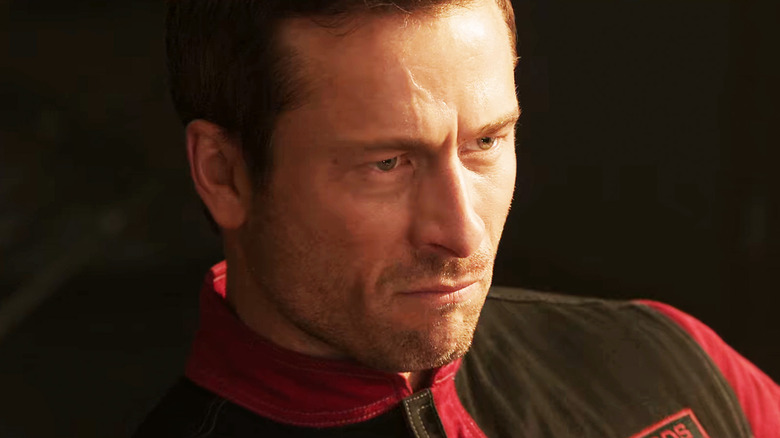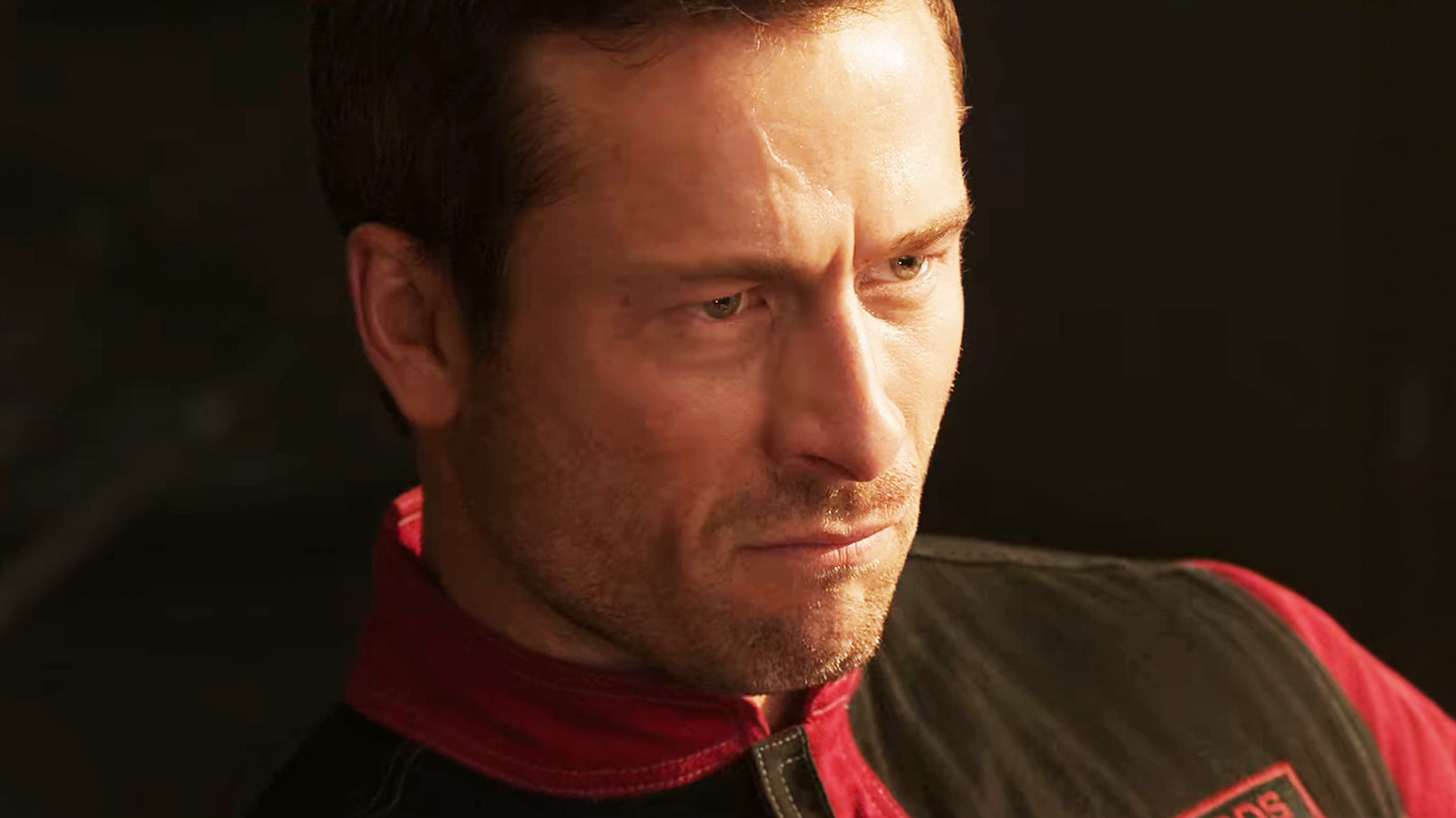
Paramount Pictures
Edgar Wright’s “The Running Man” stumbles despite star Glen Powell’s charm but it wasn’t an out-and-out disaster. It’s thus far hovered around the 65% mark on Rotten Tomatoes and certainly has its fans despite the fact it made the bold movie of changing the Stephen King story’s original ending. It made a similarly bold move in using AI as a major plot point considering the controversy surrounding the technology. For Wright, however, the most disturbing aspect of the film’s AI scenes was the test audiences’ reaction, as viewers had no trouble understanding what was going on, suggesting the genie is well and truly out of a bottle at this point.
The ending isn’t the only element of the original King story that “The Running Man” changes. Wright’s 2025 take on the source material — which was penned in the early ’70s and released in 1982 — plays up the AI elements significantly, populating the film’s dystopian future with deep fakes and drones all controlled by a sinister AI system. All of which feels alarmingly relevant to our modern day.
During an interview with Inverse, the director said that while it was helpful to not have to explain AI tech to modern audiences, it also made him uncomfortable. “We had two test screenings for the movie and there was nothing on that level that people didn’t get,” he explained. “Which is also disturbing. You’re very aware that this is a thing that’s happening where the toothpaste is never going to go back in the tube and [AI is] going to get better and better, and people are just not going to believe their own eyes at a certain point.”
Audience familiarity with AI in The Running Man is one big downer

Paramount Pictures
During his Inverse interview, Edgar Wright was asked how he came to incorporate AI into his script and revealed that it all stemmed from examples in King’s original novel. “Well, obviously, those terms didn’t exist back then,” he said. “[…] There’s a scene in the book where [lead character] Ben Richards makes a tape, and when it goes out on the show, they have re-edited his words to say something else. So even though the words deepfake and AI didn’t exist back then, the idea of manipulation did. So we just took the ball around with that.”
The director also reflected on “25 years of a certain type of reality TV” which has conditioned audiences to understand and accept a particularly tawdry form of entertainment as the norm. “What was interesting about doing is that we didn’t have to explain anything,” he said. “That’s almost a gift is to have an element in a science fiction movie where everybody understands what’s happening and what can be done. We didn’t have to hold anybody’s hand.”
In that way, our increasingly AI-obsessed society made Wright’s film easier to make as audiences could recognize their own world on the screen. But there’s no doubt there is, as the filmmaker pointed out, something disturbing about our desensitization to these tropes of dystopian fiction becoming more prevalent in the real-world. When you consider that an AI garbage future is being welcomed by the likes of Joe Russo while AI-generated actress Tilly Norwood courts representation, it all starts to feel downright depressing. For now, however, Wright only has to worry about whether “The Running Man” with its more AI-focused plot, will avoid becoming a major box office flop like the 1987 Arnold Schwarzenegger-led original.

